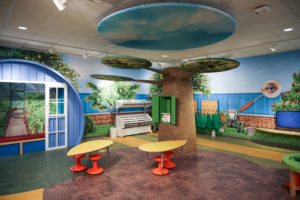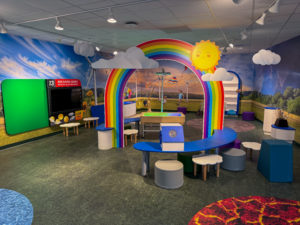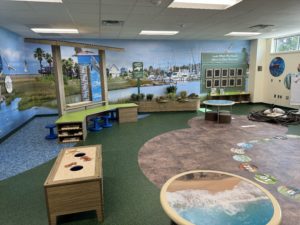Books have the power to transport you to a place beyond your wildest dreams and imagination. Through reading, you can explore new worlds, join characters’ adventures, and explore iconic scenery. You become the character in the story, living in a far–off land, learning how to do something new and exciting. Reading books not only enhances your knowledge, but also has an impact on how and what you think. Books can change your mood and help you consider other perspectives, increasing empathy toward others.

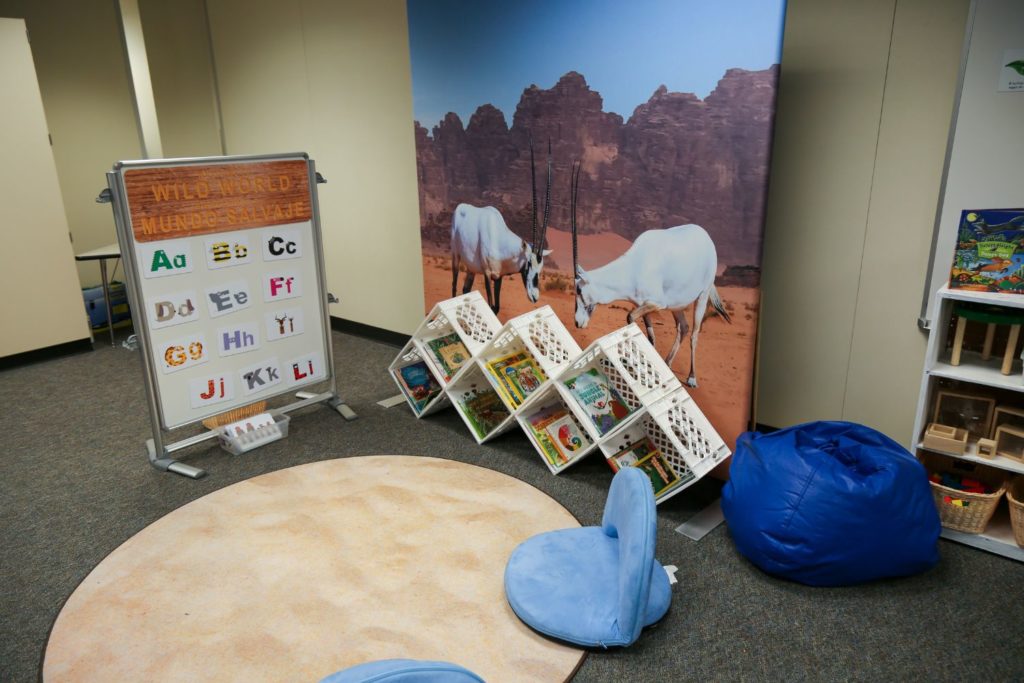

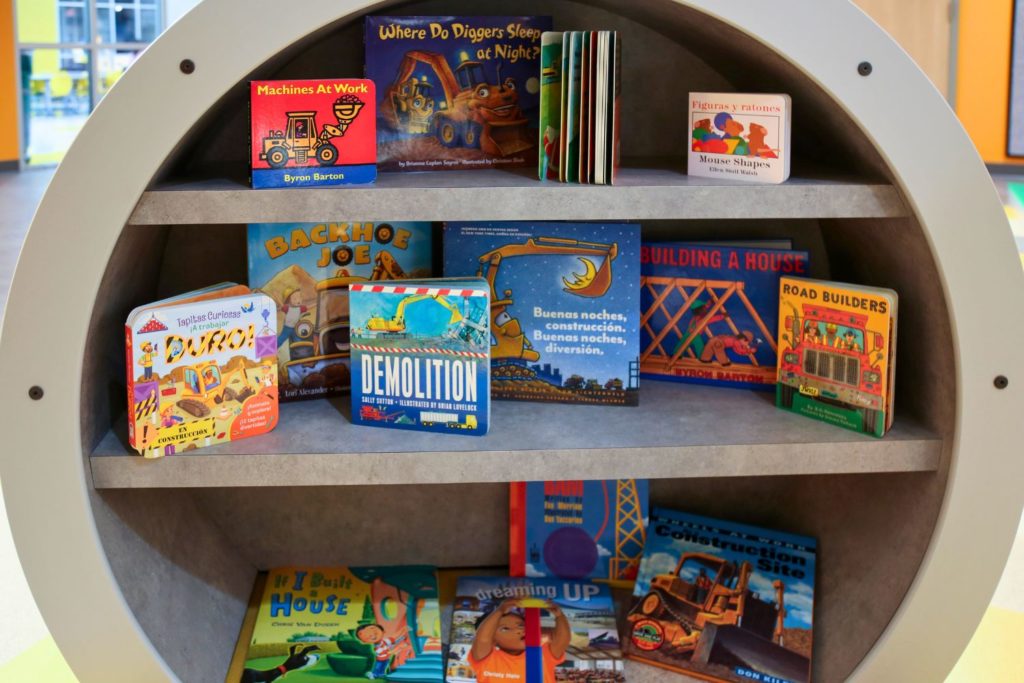
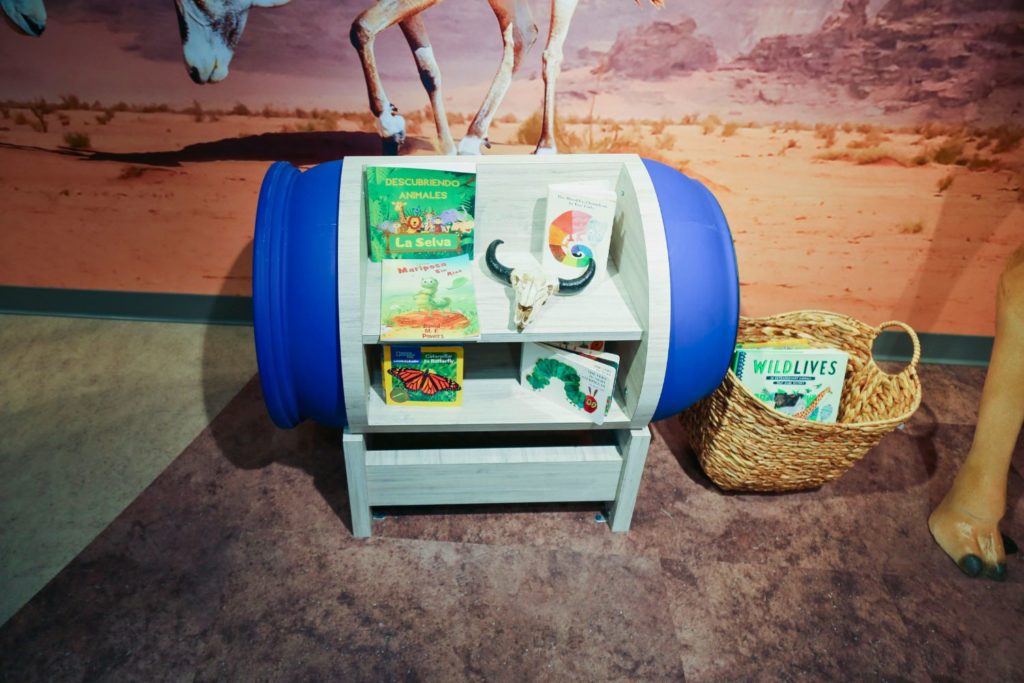
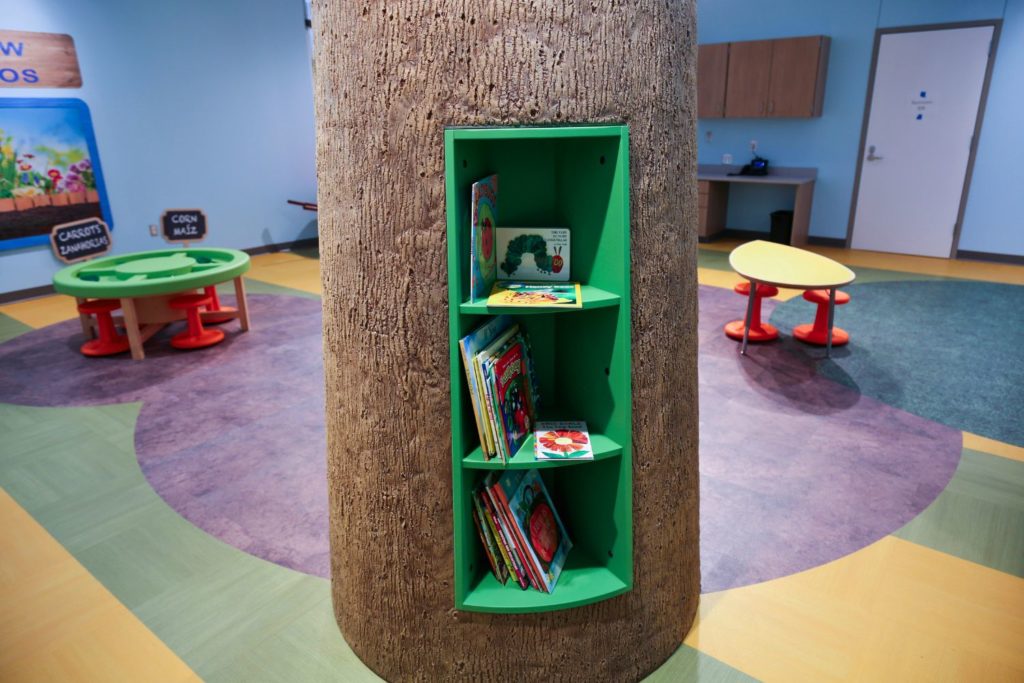
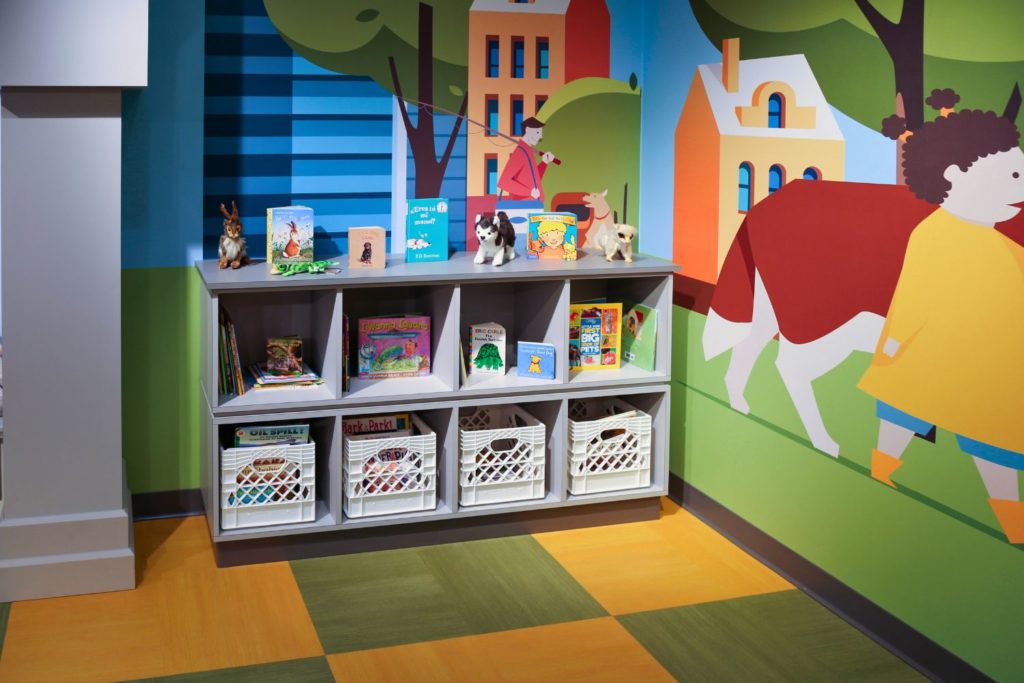
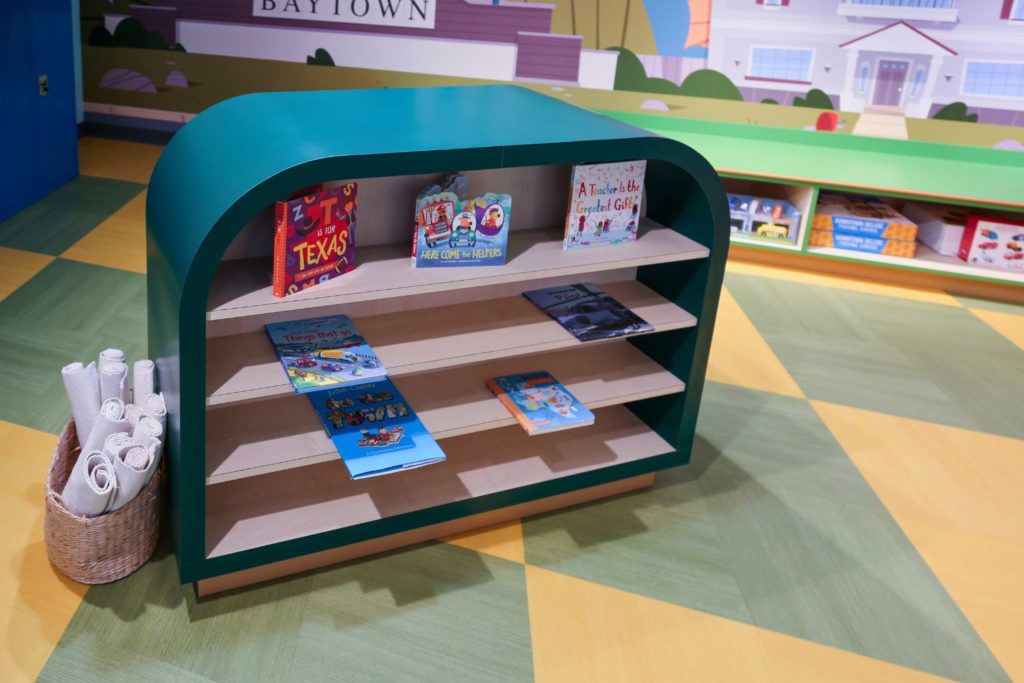
For children, books have the power to do so much more! Young children are just beginning to learn foundation skills. Books help children develop basic language skills and can help expand their vocabularies. Children should be exposed to read–alouds, even as infants. Reading aloud to children at an early age helps in seeding a love for books and appreciation for people, cultures and different perspectives. Vocabulary in books is more advanced and specific than in everyday conversation which builds background knowledge and the ability to make assimilations to other situations. According to Ohio State’s Crane Center for Early Childhood Research, “Young children whose parents read them five books a day enter kindergarten having heard about 1.4 million more words than kids whose parents never read to them.”
So, what can you do to encourage the love of reading in young children?
- Read to Children: Read, read, read to children! As already noted, reading to children younger than 5 years of age is an incredibly valuable activity. Read both fiction and non-fiction books, exposing them to a variety of content and topics. Allow children to choose a book, find a cozy chair, and read. While reading, point to pictures and images, identifying relevant features and characteristics. While reading to 4–5-year-olds, occasionally point to words as you read so the child begins to understand that words flow from left to right in a book.
- Discuss and Engage: After reading a story, engage children in discussions about the characters, plots, and their opinions. Ask open-ended questions that encourage them to think critically and share their thoughts.
- Build Reading into the Daily Routine: Encourage children to read alone or browse the pictures at consistent times throughout the day. Reading can also be part of a bedtime routine, helping children wind down and prepare to sleep.
- Visit the Library or Bookstore: Take children to the library and bookstore to explore the books. Let them experience the delight in choosing books themselves.
- Create a Reading-Friendly Environment: Create a cozy, inviting reading nook with comfortable seating and good lighting. Make fiction and non-fiction books accessible at children’s eye-level.
- Be a Reading Role Model: Children often mirror the behaviors they see in adults. If they see you enjoying books and reading regularly, they are more likely to develop a positive attitude toward reading.
As part of our design process, Exhibit Concepts provides a curated library of developmentally appropriate, non-fiction and fiction books that support and enhance classroom themes. Themed books help conceptualize the theme and drive new interests for students.
To discover more ways to engage young learners, reach out to our team to help harness the power of experiential education for generations to come.

